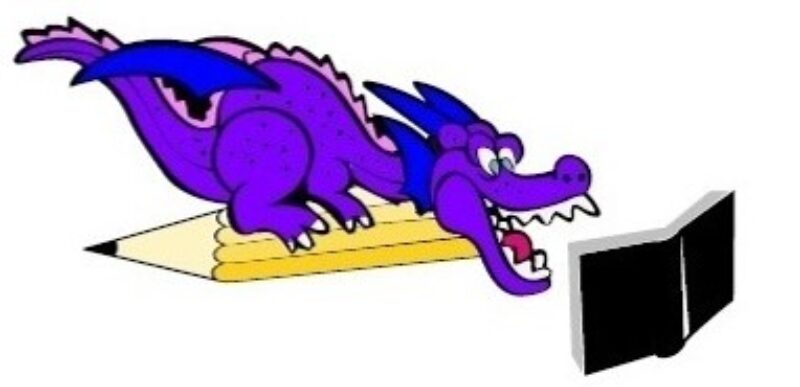When we read about an author we admire, we say to ourselves, “This is how they do it. This is how they write. This is how they research. This is how they edit. This is how they market. It must be the right way.” And then we follow their lead.
A fiction writer may look at Hemingway’s success and believe that if she wrote like Hemingway, she too would be that successful. Or, if she adopted Twain’s habits, she too would be prolific.
Hemingway wrote standing up, saying that “writing and travel broaden your ass if not your mind and I like to write standing up.” Charles Dickens, Virginia Woolf, Lewis Carroll all wrote standing up as well, and the seven foot tall Thomas Wolfe used the top of his refrigerator as a writing desk. However, both Twain and Truman Capote wrote lying down, Capote bragging that he perceived himself “a completely horizontal author”.
Both fiction and non-fiction authors have their claims about substances helping or destroying their writing quality and quantity. Twain, who was well known for both his fiction and non-fiction work, wrote daily, smoking 40 cigars. “A bad writing day is when I ran out of cigars before I got that last brilliant thought.” Hemingway started drinking at two in the afternoon and we know how that turned out.
We look to our writing heroes for the perfect number of words an author should write in a day. George Bernard Shaw wrote 1000 words per day, Thomas Wolfe 10,000 and Hemingway a mere 500.
Writing style, habits, surroundings, interactions with others and decisions about process all affect our success. As an author, you must ask yourself – whose way of writing are you paying attention to? The only answer should be – your own. The person you should be paying attention to is you.
When authors get stuck on a book writing project, they may be receiving too much advice from too many people and none of it is working for them. An author needs to respect her own style and inner Author Personality so that she can move forward in this adventure with speed and serenity.
Therefore the first step to success as an author is to identify your own Author Personality. By knowing your specific writing preferences, you can avoid frustration and delay as you move through the steps of the Book Project Model (obsess, clarify, research, chunk or outline, write, market, edit, produce, market, repurpose and reposition).
To determine your Author Personality, consider these four distinctions:
1. Are you an introvert or an extravert?
2. Are you pressure-prompted or pleasure-prompted?
3. Are you a linear or a lateral thinker?
4. Are you an early bird or night owl?
Each of these questions affects, to a lesser or greater degree, your success in the different steps of a book writing project. These are four different and separate questions. They do not create an amalgamated model. Knowing even the answer to one of the four will set you free in some ways to be a successful author.
This is the first chapter of my book, Hemingway or Twain? Unleashing Your Author Personality available on Amazon and Kindle. Learn about this model and two others: the Book Project Model and the Milking Stool model. In combination with the Author Personality, you can will learn how to save pain, time and money while you complete and market your non-fiction book!

